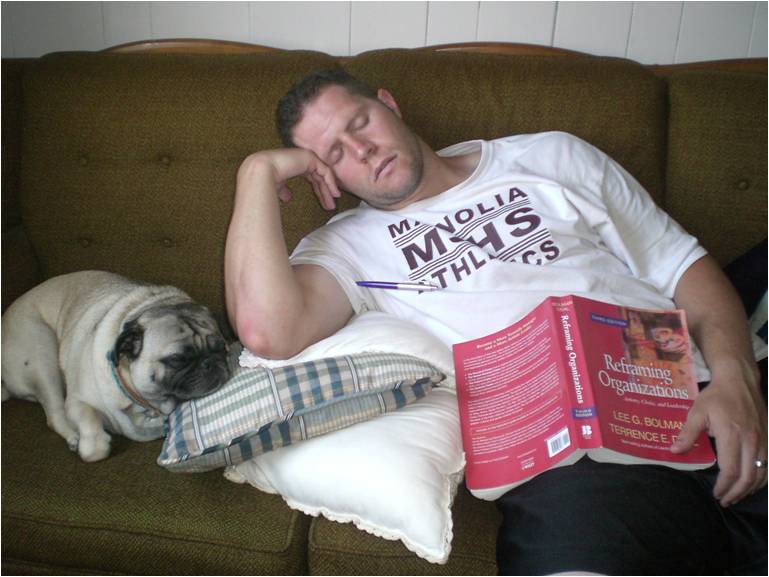Gardner (2008) stated, "political correctness refers to the practice of speaking and acting positively toward a certain group, just because that group has in the past been subjected to mistreatment, and in decrying anyone who might say anything critical about that group. In turn, political incorrectness refers to . . . deliberately saying or doing something critical of the targeted group or those who would shield it from criticism" (p. 113). In modern American society, it seems being politically correct is frowned upon. It seems we, and especially the media, always want people to NOT be politically correct; we want them to say what they really think. Even when someone is truly being outwardly respectful of a certain group, we don't believe them.
However, regardless of the way political correctness is percieved, it is still important that we teach our children in the classroom to truly be politically correct; our children must not only say the respectful and "right" thing, they must also believe it, think it, and live it. Furthermore, the best way to teach our children to truly be politically correct is to model it, which means treating children and other teachers with respect when they are present and when they are not. This is a challenge, and I am not always good at it; however, our children will be introduced to incredible challenges in the future and being politically correct with their words, thoughts, and actions will go a long way in overcoming these challenges.

4 comments:
So true Ben. One of the best ways to teach is to model. Yet, we find ourselves slipping at times. That too, however, can be a lesson. We must model the recognition of that "slip" and how we correct it.
We have to teach our children at school and home to stand up for what they believe in as well as be considerate and respectful of others opinions. This is a difficult thing to teach - I am still learning how to master it. I agree, the best way to teach it is to model. Another way is to allow our children to be exposed the rich experiences and perspectives from our globalized society.
I think that people are becoming too comfortable with accepting not politically correct statements. I always correct my patients at the hospital and every response that I hear is "well, (insert an adult name) allows me to talk that way." I think it is important to model that behavior so that way kids (and maybe adults) will follow our lead.
Political correctness is often in the eye of the beholder (or definer). Another factor is free speech concerns.
Post a Comment